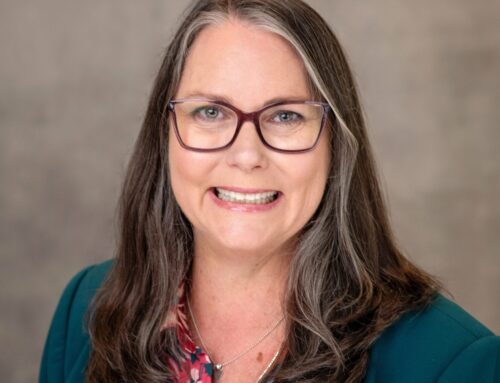 The holiday break has always been an exciting time for me as a student, parent, and educator. It meant I could sleep a bit later, enjoy friends and family, play, and eat. When I was a kid, Jewish friends told me about having take-out Chinese food and going to a movie. I had no idea about holiday blues, being food-in-secure, having different traditions, or even wondering about family members still in the ‘old-country.’ In time I came to realize that not everyone’s holiday experience is a happy one.
The holiday break has always been an exciting time for me as a student, parent, and educator. It meant I could sleep a bit later, enjoy friends and family, play, and eat. When I was a kid, Jewish friends told me about having take-out Chinese food and going to a movie. I had no idea about holiday blues, being food-in-secure, having different traditions, or even wondering about family members still in the ‘old-country.’ In time I came to realize that not everyone’s holiday experience is a happy one.
Today, educators are attuned to these challenges and recognize the importance of providing support to students facing different circumstances. One level of support is simply being respectful and taking notice of different traditions and circumstances. Some families mark this time of year with lights and gifts, others with celebratory meals, and others fast. A few find this time of year to heighten their sense of loneliness because the expectation is that this is a time to be with many people. Some kids, fellow educators, and community members need help to create new memories. For myself, one New Year’s Day I made a fond memory by taking a long walk.
In reality, the frenetic pace stresses many families, which results in conflict, or they go into debt or build expectations that can never be realized. The result is for those suffering from anxiety and depression, their challenges become more pronounced. For others, the stress, strain, and sky-high expectations create a temporary sense of anxiety and depression. Some of this can be mitigated by encouraging people to connect. When it is a fellow educator, listening over a cup of coffee can help slow the whirlwind. When it is a student, ask them to help you with a task and listen to them. If more is needed, pass that onto others in the school who can help.
School communities can make a difference. Simple awareness makes a difference. Talk as a staff about what you can do when you see or hear of challenges. When students are talking about something that sounds extravagant, bring up some simple ideas. Not everyone can go on a skiing holiday or have 30 members of their families gathering around a table. Mention some ideas, such as reading a book, taking a walk, or going to a community center for a meal, as being important.
Also, classrooms and buildings can reflect a range of beliefs and practices. Have students provide some pictures and also list some quiet and small ideas. If you have Muslim community members, ask them to share their festival of Eid al-Fitr.
It is important to note that in an increased time of political and social tension, most people understand that not everyone has the same beliefs or traditions, and they are OK with that. With that in mind, listening to families and students and discussing their ideas, customs, and beliefs can work out. One of the key elements is to make sure everyone understands that no one should be making a comparison of traditions or beliefs. Talking in the affirmative about what is celebrated brings understanding and usually builds respect. Checking with others in your school and community is important.
Overall, I have found when I learn more about others, my own beliefs are enriched.
The holiday season brings unique challenges for many in our communities, and schools can offer support. While educators and school professionals aren’t responsible for finding all the solutions, simple gestures like being aware, respectful, and attentive can go a long way. Just like bringing cookies to a new neighbor. As we navigate the holidays, let’s celebrate the richness of our differences and in doing so help make the holiday season a little brighter for everyone.
–written by Richard Long, executive director of the Learning First Alliance




